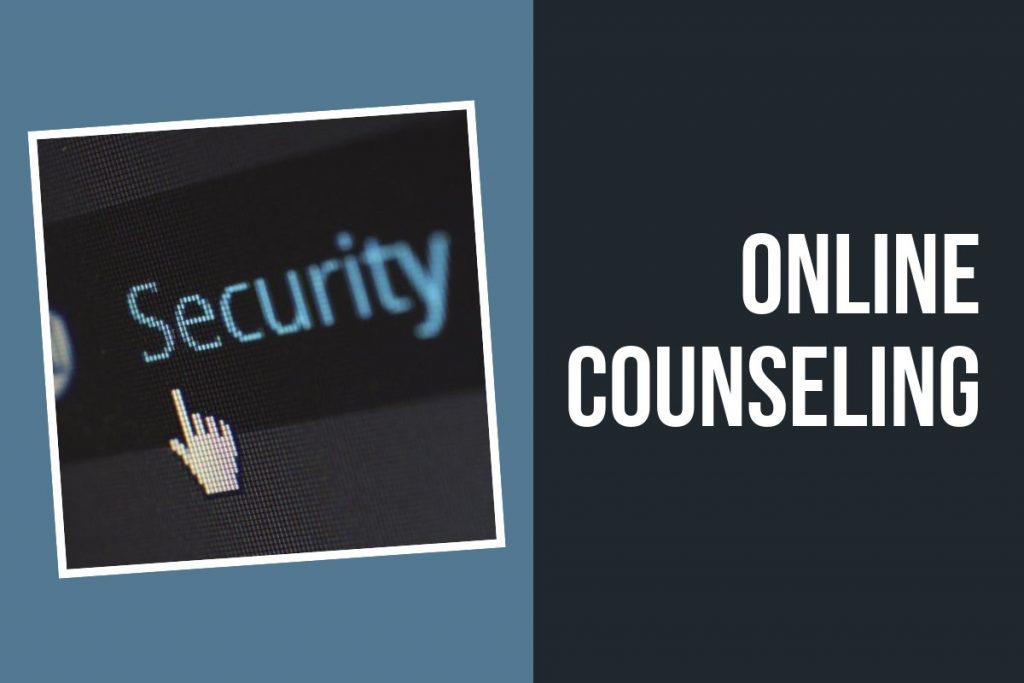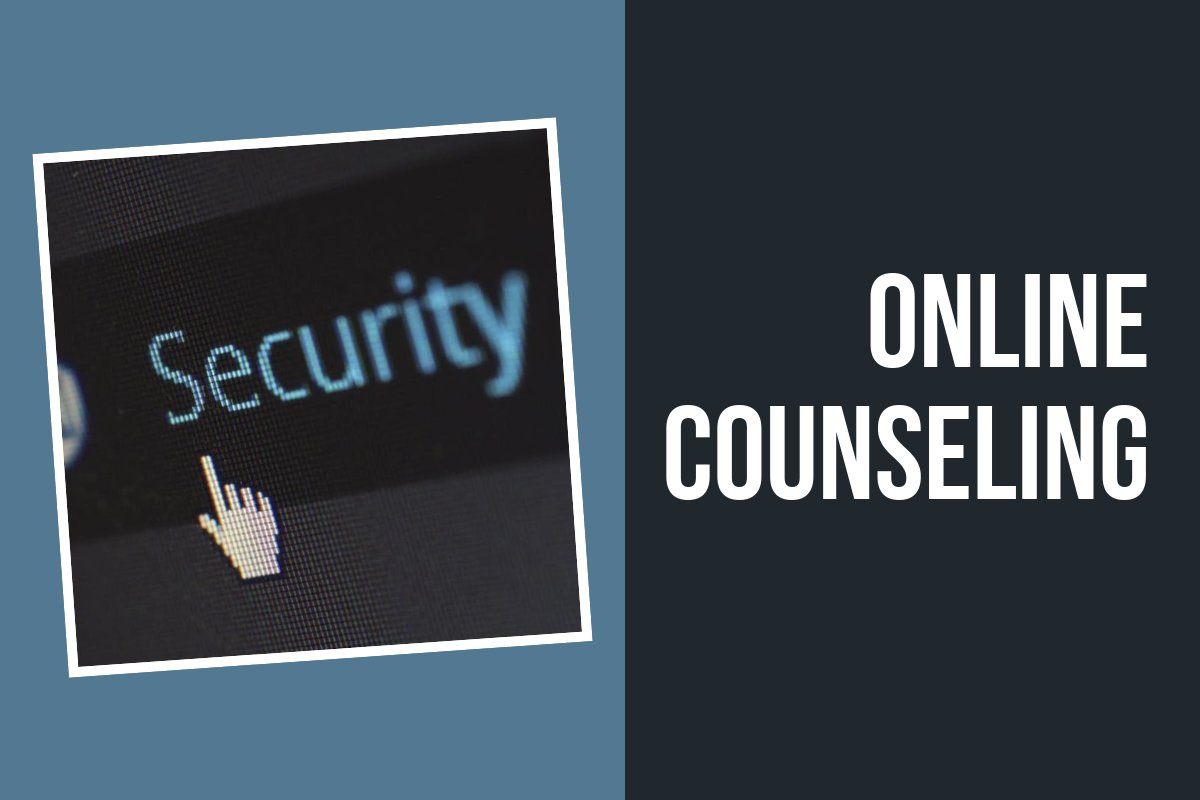
Online counseling, also known as online therapy or e-therapy, gives patients a more affordable and convenient way to seek help. Those with busy schedules, patients who do not have transportation and those with small children at home may find that e-therapy is a better option for them than traditional counseling sessions.
Online therapy is a relatively new mental health tool in which a therapist or counselor provides professional services and support over the internet. This kind of treatment can occur via email, video conferencing, online chat, messaging, or internet phone.
However, online therapy requires some caution because it may not be as useful for all clients. Those with severe emotional problems are better off with traditional therapist seeing that it is difficult for online therapists to offer the kind of support that clients with specific diagnosis need.
Critical issues to consider during online counseling is confidentiality, ethical and legal issues, as well as the qualifications of online therapists. Counselors should review the state requirements and only work within the scope of their practice. Counselors should also use encrypted platforms and ensure that client information remains private and secure. Instead of sending regular e-mail both counselor and client should send messages via a password protected safe form that can be found on a client portal or a secure web page. There are other popular applications for secure e-mail such as ZixMail, Zip-Lip, HushMail, PGP, POP3Now, and others.
The effectiveness of e-therapy does in part depend on how comfortable both the client and therapist are in using different types of technology. While online therapists cannot diagnose or treat mental illness online, they can offer guidance and advice to people experiencing problems in relationships, work, or life. All the same privacy policies, as well as exceptions to confidentiality, apply to online counseling. A counselor should always ensure secure encryption and a safe location for clients records.
What can the clients do to make their online sessions secure?
- Make sure to log out after a session especially if you share a computer with your family.
- It is not advisable to conduct a session on your workplace computer
- Create a secure space before your session starts so that you are not within earshot of family members or other people.
- Be sure that your side of the conversation is also encrypted by logging into a secure client portal or downloading HIPPA approved software to your computer
- Remember that e-mails can be intercepted and chat sessions hijacked unless both parties protect them with encryption. Make sure all communication is safe, not just the video session
- Make sure there is a procedure to follow if your connection is spotty or you get disconnected.
- At Life Solutions Counseling clients need the latest update of Adobe Flash Player, webcam, microphone, and a high-speed internet connection to engage in online counseling. Cable or DSL with a minimum download speed of 3Mbps and minimum upload speed of 384Kbps is adequate.
- If your computer or laptop does not have a webcam built in, we recommend webcams from Logitech, Creative Labs, and Microsoft.


